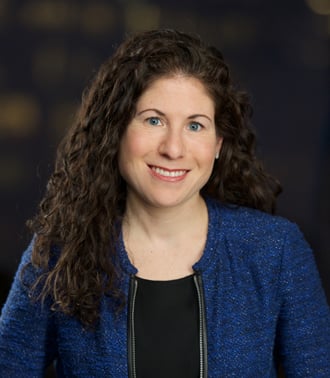Another Court Jumps on the “But-For” Causation Bandwagon
On April 23, 2025, a judge in the U.S. District Court for the Northern District of Illinois joined the growing chorus of district and circuit court decisions finding that “but-for” causation is required in FCA cases predicated on an allegation that, under the 2010 amendments to the FCA, a false claim “result[ed] from” a violation of the Anti-Kickback Statute (AKS).
In U.S. ex rel. Wilkerson v. Allergan Limited, a case brought by two relators against Allergan relating to the company’s marketing practices with respect to two medications (Linzess and Viberzi), Judge Lindsay Jenkins granted in part and denied in part Allergan’s motion to dismiss the relators’ fourth amended complaint. In their complaint, the relators alleged that payments made to physicians through Allergan’s speaker bureau were kickbacks that violated the AKS and, in turn, the FCA.
The court recognized the circuit split between the First, Sixth, and Eighth Circuits — all of which have held that “resulting from” requires but-for causation — and the Third Circuit — which has used a less stringent “exposed to” standard — and reviewed the holdings in the circuit court decisions on both sides of the issue.
The court also noted that although the Seventh Circuit has not yet addressed the issue, in a 2024 decision, the court “interpreted ‘resulting from’ and concluded that it ‘requires that there be some causal nexus between the allegedly false claims and the underlying kickback violation.’” The court explained that the Seventh Circuit “expressly rejected the suggestion ‘that every claim for payment following an anti-kickback violation is automatically false’” and “was clear that ‘resulting from’ requires some level of ‘actual causality.’”
The court therefore rejected the relators’ argument that “all claims resulting from prescriptions written by doctors while they received Allergan kickbacks are false claims,” finding it to be “nothing more than the causationless temporal standard” the Seventh Circuit had rejected.
The court then analyzed the relators’ specific factual allegations, finding that none established causation. For example, the relators alleged that several healthcare professionals’ (HCP) prescription volume increased after joining Allergan’s speaker bureau. The court found that “[r]egardless of whether the court interprets ‘resulting from’ as requiring but-for or some lesser causal relationship, Relators’ allegations are not sufficient,” because “the fact that doctors’ prescription rates for Linzess and Viberzi increased after they began receiving payments from Allergan does not, for Rule 9(b) purposes, support an inference of causation.” The court pointed to examples that showed that in years where those same HCPs were paid for fewer events, their prescription rates increased and that some HCPs’ prescriptions did not change at all in response to the payments they received.
Similarly, the court rejected the relators’ attempt to show causation by comparing the prescription rates of HCPs who were part of Allergan’s speaker bureau to those who were not, finding it merely supported the relators’ allegation that the speaker bureau included HCPs who wrote a large number of prescriptions for Allergan’s products. As a result, the court dismissed with prejudice the relators’ claims for all but two HCPs for whom relators had alleged either (1) an explicit quid pro quo, or (2) the HCP had 10 patients start on Viberzi after being added to the speaker bureau.
In light of this and other recent decisions, it is starting to look less like there is a circuit split on the proper standard for causation and more like the Third Circuit’s decision in Greenfield v. Medco Health Solutions, 880 F.3d 89 (3d Cir. 2018) — which was issued before the decisions in the First, Sixth, and Eighth Circuits — is an outlier that subsequent circuit courts have declined to follow. We at Qui Notes will continue to monitor the developments in this area.
© Arnold & Porter Kaye Scholer LLP 2025 All Rights Reserved. This Blog post is intended to be a general summary of the law and does not constitute legal advice. You should consult with counsel to determine applicable legal requirements in a specific fact situation.

